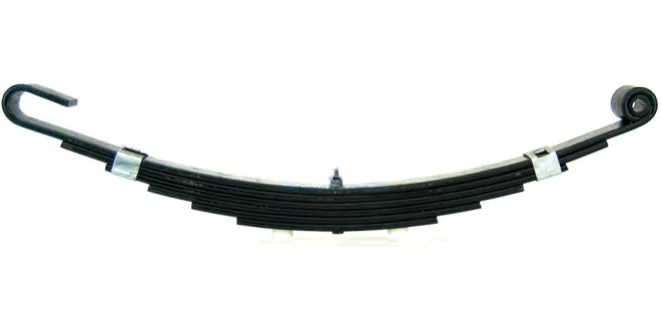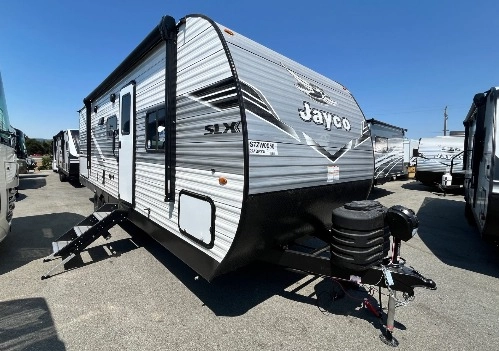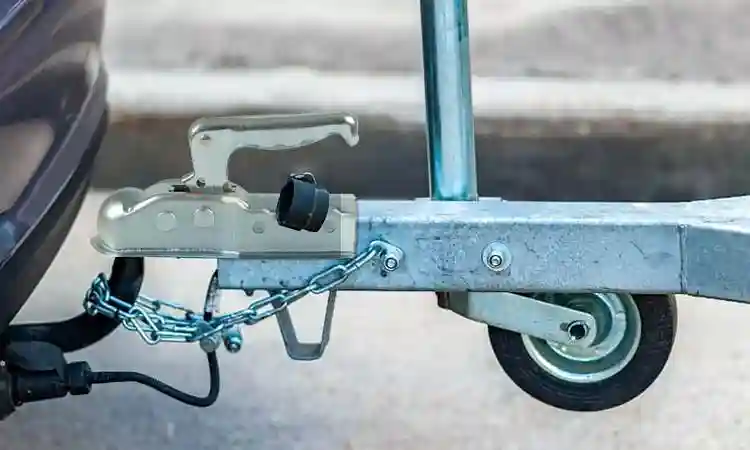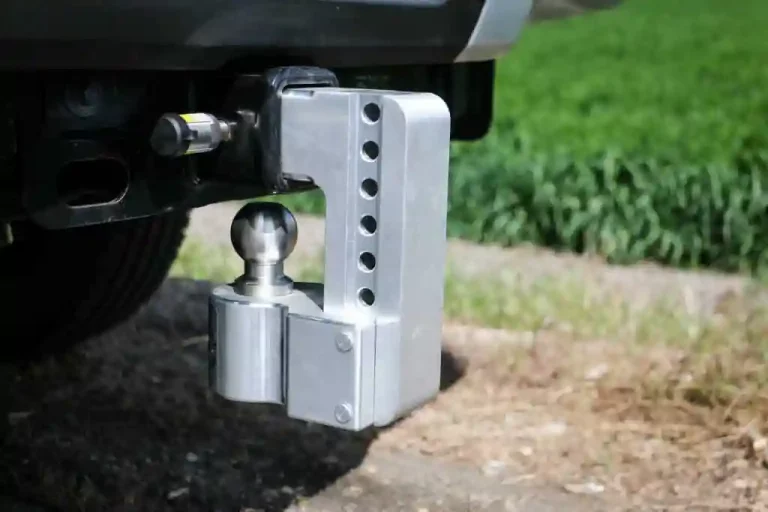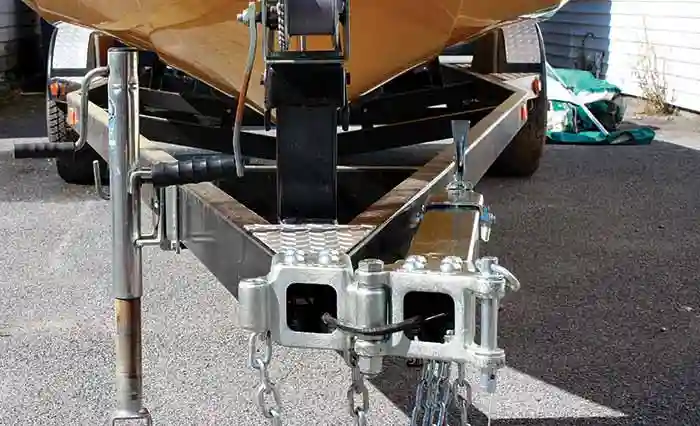Trailer Springs
Trailer springs are crucial components of a trailer’s suspension system, playing a vital role in ensuring a smooth ride and stability while transporting heavy loads. These springs act as a cushion between the trailer and the towing vehicle, absorbing shocks and vibrations caused by bumpy roads. Depending on the design of the trailer, the type of springs used can vary significantly, aimed at meeting the specific needs of each application.
Types of Trailer Springs
Tandem Axle
Tandem axle trailer springs are designed for trailers with two axles, which provide enhanced stability and load-carrying capacity. This configuration allows for better weight distribution across the axles, making them ideal for larger trailers commonly used in transport and hauling applications. With more robust construction, tandem axle springs are engineered to withstand greater stress and can benefit significantly from regular maintenance, including lubrication.
Single Eye And Slipper End (C-Hook)
Single eye and slipper end (C-hook) trailer springs offer a different design tailored for lighter trailers or specific applications. They provide a simpler attachment point, making it easier to replace or adjust. The construction of these springs allows for a significant range of motion, which can be advantageous for trailers frequently navigating rough terrain. Correct maintenance and greasing can extend the life of these springs, preventing wear and enhancing performance.
Take a Go Trailer’s 6 leaf single eye and slipper spring as an example. This spring, featuring 6 leaves of 45mm width and 8mm thickness, boasts a robust 1300KG capacity. It is a popular suspension system utilized in heavy-duty trailers. This design incorporates a single attachment point, known as the ‘single eye,’ which connects the spring to the trailer frame, and a ‘slipper’ segment of the spring that rests securely on the axle. This innovative arrangement promotes a smooth and comfortable ride while efficiently distributing weight, subsequently minimizing wear and tear on both the trailer and its cargo. The slipper spring’s renowned durability and minimal maintenance needs make it an ideal choice for lengthy hauls and traversing challenging terrain. Consequently, the Single Eye and Slipper Spring is a highly reliable and adaptable suspension system that holds a prominent position in the transportation sector.
Go Trailer
Brief Introduction of Go Trailer
Go Trailer Parts Company, based in Qingdao, China, specializes in manufacturing high-quality trailer components, including trailer springs. With over 15 years of experience in the industry, Go Trailer has established itself as a reliable supplier of various trailer parts, offering products that are tailored to meet diverse customer needs. Their expertise is further bolstered by a team of professional engineers and skilled workers, ensuring that every product meets the highest quality standards.
After-sales Service
Go Trailer is committed to providing exceptional after-sales service, which is critical for maintaining customer satisfaction and long-term relationships. Their dedicated team is available to assist with any inquiries related to trailer parts or maintenance, ensuring that customers receive timely support. This level of service contributes to the overall durability and reliability of trailing springs and other components, encouraging users to engage in regular maintenance.
Benefits of Greasing Trailer Springs
Greasing trailer springs is an essential aspect of maintenance that can significantly affect their performance and longevity. Regular greasing provides several benefits that contribute to the overall health of the trailer suspension system, ensuring that trailers remain operational and safe during transportation.
Enhanced Lubrication
One of the primary benefits of greasing trailer springs is enhanced lubrication, which reduces friction during operation. Proper lubrication facilitates smoother movement of the springs, minimizing wear and extending their lifespan. This is especially important for hardworking trailers that frequently transport heavy loads, as the stress on the suspension system can lead to early deterioration if not properly maintained.
Rust Prevention
Greasing trailer springs also plays a vital role in rust prevention. Metal components are susceptible to corrosion if exposed to moisture and other environmental factors. By applying grease, a protective barrier is created that prevents water and debris from settling into the spring mechanisms. This barrier helps to mitigate rust formation, thus preserving the integrity of the springs and enhancing their durability over time.
Step-by-Step Greasing Process
Preparation and Safety Measures
Before beginning the greasing process, it is critical to ensure safety and prepare the work environment adequately. Start by gathering the necessary tools, including a grease gun, appropriate grease type, and safety gear such as gloves and goggles. Position the trailer on a level surface and use wheel chocks to prevent movement while you work. Additionally, ensure that you properly support the trailer with jack stands if you need to lift it for better access to the springs.
Application Techniques
When applying grease to trailer springs, focus on the areas that experience the most friction, typically the pivot points and where metal contacts metal. Attach the grease gun to the fitting on the spring and apply grease until you see it oozing from the joints, indicating that the area is sufficiently lubricated. Be careful not to over-grease, as excess grease can attract dirt and debris, potentially leading to further complications. After greasing, inspect the springs for any signs of damage or wear that may require attention.
In conclusion, greasing trailer springs is a vital maintenance step that provides significant benefits, including enhanced lubrication and rust prevention. With the right knowledge and techniques, trailer owners can ensure their suspension systems remain in optimal condition, prolonging the lifespan of the springs and improving overall performance during transportation. Engaging with reputable manufacturers like Go Trailer for quality spring products will further enhance the durability and reliability of your trailers. Regular inspections and maintenance will ensure safe and efficient operation.
Maintenance Tips for Trailer Spring Longevity
Regular Inspection
Regular inspections of trailer springs are essential to identify any potential issues that could compromise their functionality and longevity. Trailer owners should develop a routine maintenance schedule that includes a thorough visual inspection of the springs and surrounding components. Look for signs of wear such as cracks, rust, and deformation. Checking for proper alignment and ensuring that there is no unusual noise during operation can also provide valuable insights into the condition of the springs.
Additionally, it is advisable to check the grease fittings for proper lubrication levels during these inspections. If grease is absent or dry, it could signal that the springs have not been maintained adequately and are at risk of premature wear. Any loose or damaged brackets should also be addressed immediately to avoid further complications. This proactive approach to inspection can save money in the long run by preventing costly repairs or replacements due to neglect.
Cleaning and Upkeep Practices
Cleaning trailer springs is another essential aspect of maintenance that can enhance their life span and performance. Accumulated dirt, road grime, and debris can contribute to wear and tear, potentially leading to rust formation or corrosion. To clean the springs effectively, it is recommended to use a degreaser solution alongside a stiff brush to remove built-up grime. Rinsing thoroughly with water and subsequently wiping dry helps ensure that no residue remains.
Once cleaned, applying a suitable protective coating or rust inhibitor can further safeguard against environmental damage. These products create a barrier against moisture and contaminants, ensuring that the integrity of the metal is preserved over time. It is also important to maintain the cleanliness of other components related to the spring system, such as the axle and undercarriage. By keeping all areas free of debris, trailer owners can promote better airflow and reduce the risk of overheating.
Summary
All in all, the durability and performance of trailer springs are significantly influenced by proper maintenance practices including regular inspection and cleaning. Implementing a routine that prioritizes these aspects allows for early detection of potential issues and ensures that the components are functioning effectively. Regular greasing is a key maintenance activity that enhances lubrication, prevents rust, and ultimately prolongs the life of the springs. Trailer owners who invest time and resources into maintaining their systems can enjoy improved safety, efficiency, and peace of mind while on the road. Engaging with reputable manufacturers, such as Go Trailer, for high-quality spring products will further enhance the stability and reliability of the entire trailer system. By adhering to these maintenance tips, trailers and their integral components maintain optimal operational conditions throughout their lifespan.



